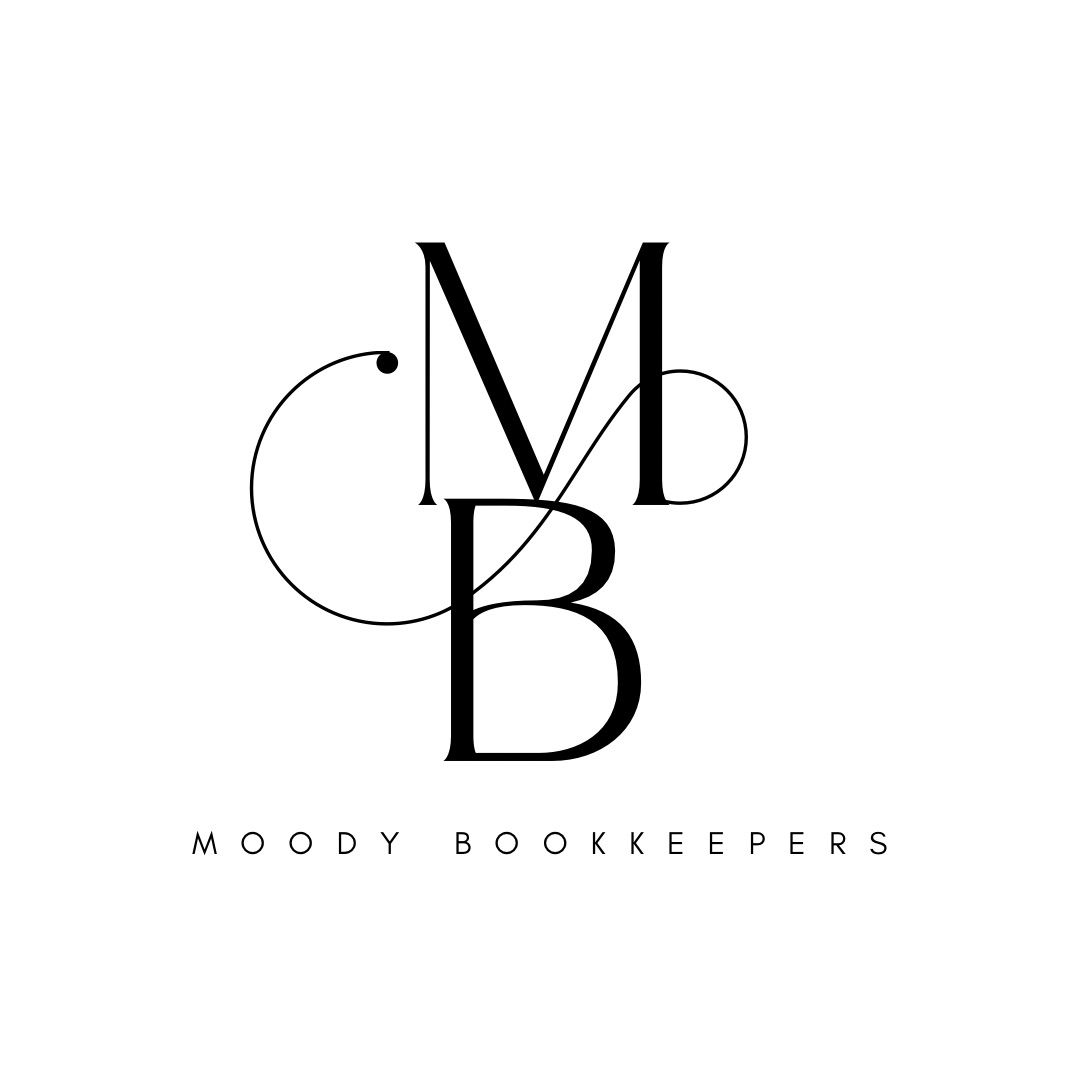DIY Bookkeeping: When to Handle It Yourself and When to Hire a Professional
Understanding DIY Bookkeeping
Bookkeeping is an essential part of running any business, whether large or small. It involves recording financial transactions, maintaining records, and ensuring compliance with financial regulations. Many business owners choose to manage their bookkeeping themselves, particularly in the early stages of their business. However, as the business grows, the complexity of financial management increases, prompting the question: when should you handle bookkeeping yourself, and when is it time to hire a professional?

Advantages of DIY Bookkeeping
Handling your own bookkeeping can be beneficial in several ways. Firstly, it provides a deeper understanding of your business's financial health. By managing the books yourself, you gain insight into cash flow, expenses, and revenue streams. This knowledge is invaluable for making informed business decisions.
Secondly, DIY bookkeeping can be cost-effective. By not hiring a professional, you save money on bookkeeping fees, which can be significant, especially for small businesses or startups. Additionally, numerous user-friendly accounting software options make it easier than ever to manage your financial records without extensive accounting knowledge.
Challenges of DIY Bookkeeping
While DIY bookkeeping has its benefits, it also comes with challenges. The most significant of these is the time commitment required. Managing your own books can be time-consuming and may detract from other essential aspects of running your business. As your business grows, this demand on your time will only increase.

Another challenge is the potential for errors. Without a solid understanding of accounting principles, you might make mistakes that could lead to compliance issues or financial discrepancies. These errors can be costly to rectify and might even result in penalties or fines.
When to Consider Hiring a Professional
Hiring a professional bookkeeper or accountant can significantly alleviate the burden of financial management. But when is the right time to make this transition? Here are some indicators:
- Complex Transactions: If your business deals with complicated transactions or has multiple revenue streams, a professional can help ensure everything is recorded accurately.
- Lack of Time: When managing your books starts taking up too much of your time, it might be more beneficial to focus on growing your business and leave the bookkeeping to an expert.
- Growth and Expansion: As your business expands, so does the complexity of its finances. A professional can provide valuable insights that facilitate sustainable growth.
The Benefits of Professional Bookkeeping
A professional bookkeeper offers more than just record-keeping. They bring expertise in financial analysis and advice, helping you make strategic decisions based on accurate data. They also ensure compliance with tax laws and regulations, minimizing the risk of audits or penalties.

Moreover, hiring a professional can provide peace of mind. Knowing that your finances are in capable hands allows you to focus on what you do best—running and growing your business.
Making the Decision
Deciding whether to manage your bookkeeping yourself or hire a professional ultimately depends on your specific circumstances. Consider factors such as the complexity of your finances, the time you can devote to bookkeeping, and your comfort level with financial management.
If you're just starting out or have a simple financial structure, DIY bookkeeping might suffice. However, as your business grows or if you find yourself overwhelmed, hiring a professional could be a wise investment in your business's future success.
